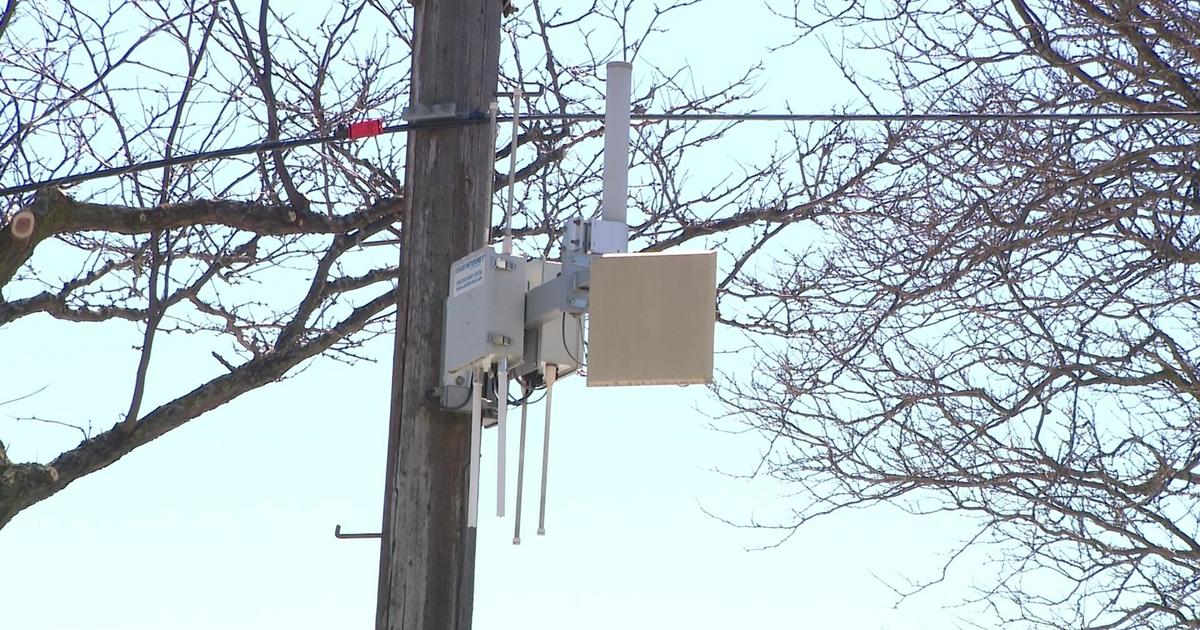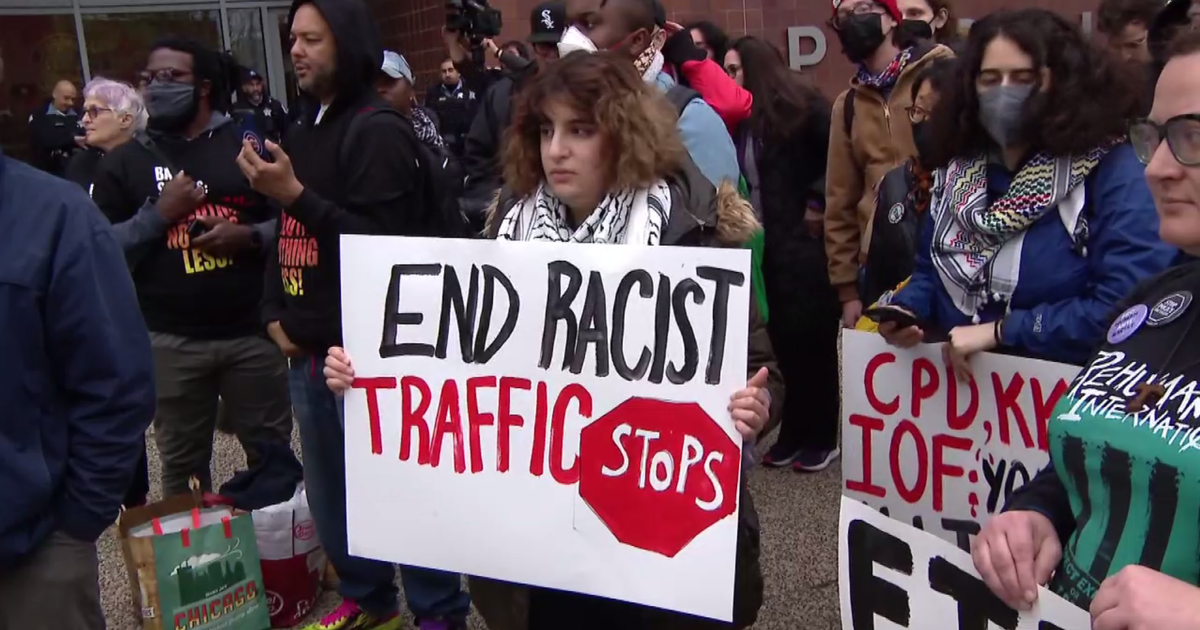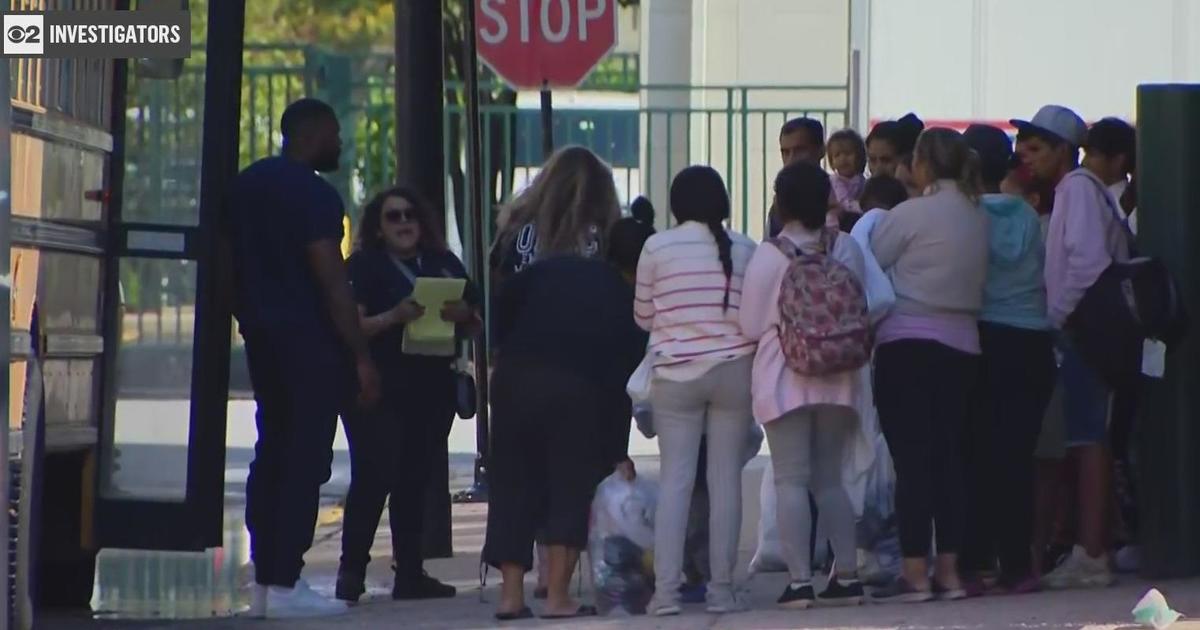Mayor Lori Lightfoot Doesn't Support Aldermen's Plan To Create Database For Decades Of CPD Misconduct Files
CHICAGO (CBS) -- Mayor Lori Lightfoot threw up a potential roadblock in an effort to create a public database of closed Chicago Police Department misconduct files dating as far back as 1994, saying she doesn't support the plan advanced by two key allies on the City Council.
Finance Committee Chair Ald. Scott Waguespack (32nd) and Public Safety Committee Chair Ald. Chris Taliaferro (29th) have introduced a proposed ordinance that would require the city's Inspector General's office to "publish on its website a searchable, downloadable digital repository of finalized
investigations against sworn members of the Chicago Police Department."
According to a copy of the revised ordinance obtained by CBS 2, the Inspector General's office would be required to make all closed misconduct files dating back to 2000 available on the database within one year of when the ordinance takes effect, and all misconduct files dating back to 1994 available within two years.
After that, the Inspector General's office would be required to determine the feasibility of publishing closed CPD misconduct files dating back before 1994.
"If such publication is feasible, OIG shall propose a timeline for publication," the ordinance states.
For future CPD misconduct files, the Inspector General's office would be required to publish them to the database no later than 30 days after a disciplinary investigation is completed.
Published misconduct files would have to include log numbers, misconduct complaints, the names of each accused officer, the name of the investigating agency, the final disciplinary decision or other final disposition of the case, and any other information the Inspector General's deputy for public safety deems of public value.
The Inspector General's office also would be required to provide semiannual progress reports on the misconduct database.
A joint meeting of the Finance and Public Safety committees has been scheduled for Friday afternoon to consider the ordinance, but Lightfoot said Friday afternoon she won't support the ordinance as it's written.
"As I understand the ordinance, it would require the city to digitize decades of all CR files (complaint register files) of officers who are no longer on the force, may have passed away at this point," Lightfoot said. "And the expense, because we've looked at what would make sense, would be significant, and I'm not sure what we gain, what the public gains to go back to the 1970s to produce CR files."
However, the mayor said she would be happy to work with Waguespack and Taliaferro and other aldermen "to get to a place that makes sense, that's transparent."
"But to go back 30 years to paper files, and the expense of digitizing them, I'm not sure what the utility of that would be," she said. "So I think we can reach a middle ground here. We've already produced, I think, 10-plus years of CR files in connection with a couple of different lawsuits. So there's a robust amount of information that's already out there in the public view, that's accessible on a number of different channels."
Lightfoot estimated it would cost tens of millions of dollars and "take a long time" to comply with the requirements of the ordinance as it's written.
It's unclear what the mayor's opposition will mean for Friday's hearing on the ordinance, but without her support, it would be a heavy lift for aldermen to pass the ordinance with the 34 votes needed to survive a mayoral veto.
The City Council's push for a public CPD misconduct database stems from the city's effort to settle a lawsuit filed by Charles Green, who was convicted in a 1985 quadruple homicide, but claims he was wrongfully convicted.
Green filed a FOIA request for all Chicago Police misconduct records in cases that have been closed dating back to 1967. Green then sued for the records after the city failed to respond to that FOIA.
Green was released from prison in 2009 after a judge ruled critical victim testimony was not allowed at his trial. Green's fight to prove his innocence included filing a Freedom of Information Act request, or FOIA, for all Chicago Police misconduct records in cases that have been closed dating back to 1967. Green then sued for the records after the city failed to respond to that FOIA, as required by law.
Last year, a Cook County Judge ruled the city had "willfully and intentionally failed to comply" with FOIA requirements, and ordered the city to turn over all the files Green had requested by the end of 2020. The city already has turned over misconduct files dating back to 2011.
However, as part of a proposed settlement with the city, while Green would have received $500,000 in damages, he would have given up his right to the files dating back to 1967.
Last July, aldermen balked at approving that settlement, demanding the city establish a database of CPD misconduct files.
At the time, city attorneys told aldermen it would take 10 years and cost $10 million to release all of the misconduct files Green had been seeking.



